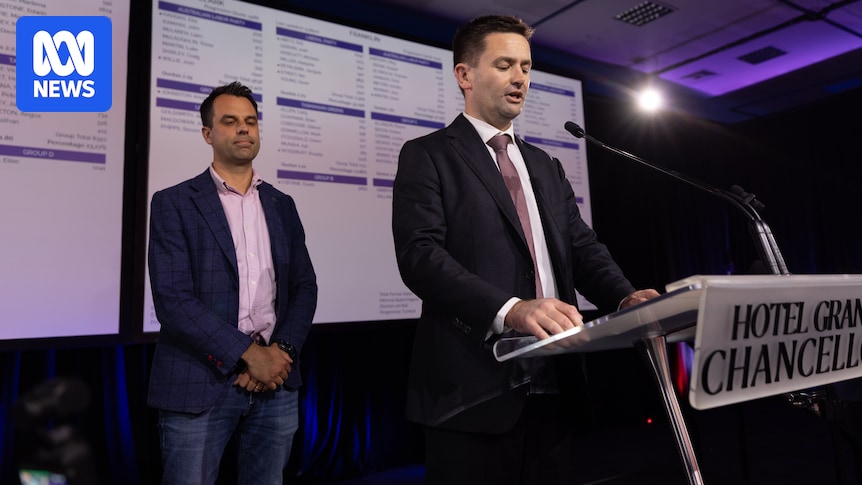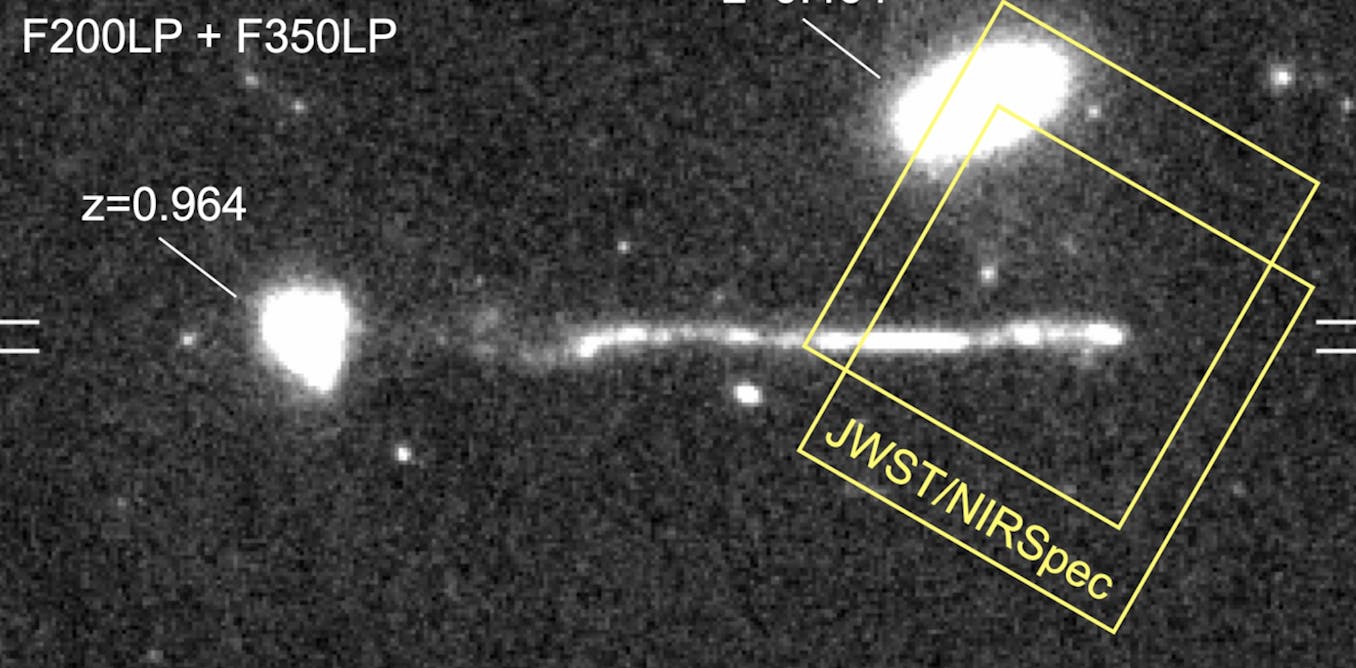
The Tasmanian political landscape is in flux as both Liberal and Labor leaders reach out to the crossbench in an effort to form a government. Following an election that mirrored previous results, the Liberals are expected to secure at least 14 seats, while Labor could achieve a maximum of 10. With 18 seats needed for a majority, both parties are now courting crossbenchers for support.
Labor faces a significant challenge, being eight seats short of a majority. However, their potential advantage lies in the crossbench’s progressive leanings. Labor Leader Dean Winter addressed the media, emphasizing his intent to allow Liberal Premier Jeremy Rockliff the first chance to secure crossbench backing.
Labor’s Strategy and Challenges
Dean Winter reiterated Labor’s commitment to its principles, stating, “Tasmanian Labor will not do deals with the Greens. I repeated that hundreds of times during the election campaign and I will not change.” Despite this, Winter expressed willingness to collaborate with other crossbenchers, emphasizing respect and shared interests.
Winter also reassured the business community of Labor’s continued support for traditional industries, saying, “Tasmanian Labor believes in jobs — safe, secure, well-paid jobs — and we support traditional industries that have been supporting Tasmanian regional communities.”
“Tasmanians want to see their parliamentarians behaving maturely like adults and working together towards a Tasmania that’s better.”
Winter’s strategy involves reaching out to crossbench members, excluding Greens leader Rosalie Woodruff. With the Greens expected to hold five seats, Winter’s potential allies on the crossbench are limited to six other members.
Liberal’s Approach and Rockliff’s Resolve
Meanwhile, Premier Jeremy Rockliff is also actively engaging with the crossbench. Despite the unusual election results, Rockliff remains optimistic about forming a government, highlighting the Liberals’ position as the party with the most seats.
“I’ve reached out to potential crossbench members today,” Rockliff stated, emphasizing the importance of collaboration. He acknowledged the lessons learned over the past 16 months and expressed a strengthened resolve to work with crossbenchers.
“Not every single member of parliament can have 100 per cent of what they want 100 per cent of the time, and Tasmanians would look very poorly on any individual member of parliament, whether they be in a political party or not, that held the parliament to ransom.”
Rockliff stressed the need for sensible conversations about key issues that matter to Tasmanians, asserting that a stable parliament is crucial for the state’s future. He has not conceded any failure in managing the crossbench previously and awaits the final vote count before approaching the Governor to recommission his government.
Implications and Future Prospects
The current political maneuvering in Tasmania highlights the complexities of forming a government in a closely contested parliament. Both major parties are navigating a delicate balance of principles and pragmatism as they seek to secure crossbench support. The outcome will significantly impact Tasmania’s political stability and policy direction.
As the final votes are tallied, the focus remains on how effectively the Liberals and Labor can engage with crossbenchers to form a functional government. The unfolding political drama underscores the importance of collaboration and compromise in a diverse parliamentary landscape.
The coming days will be critical as both parties continue their negotiations. The ability to form a stable government will depend on their success in building alliances and addressing the priorities of crossbench members and the broader Tasmanian public.







